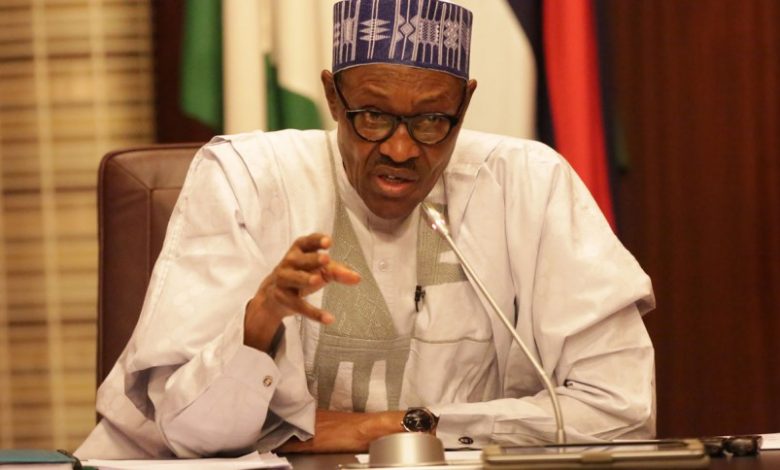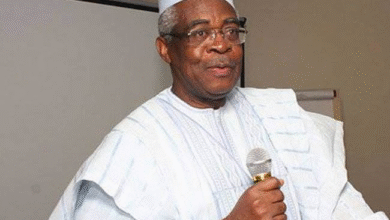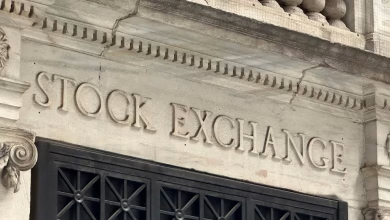Nigeria Agenda 2050: Can We Walk the Talk?

The President, Major General Muhammadu Buhari (rtd.), on Wednesday, launched the Nigeria Agenda 2050. The plan is to increase real GDP growth by 7%, create 165 million new jobs and reduce the number of Nigerians living in poverty to 2.1 million in 2050 from the 83 million estimated in 2020. The launch comes about seven weeks after FEC approved the policy document on 15 March and nearly three months after the National Economic Council endorsed the agenda. The broad target is to ensure that the country attains a per capita GDP of US$33,328 per annum, which will place Nigeria among the top middle-income economies in the world by 2050.
President Buhari had in September 2020 inaugurated the National Steering Committee under the leadership of the Minister of Finance, Budget and National Planning and a distinguished private sector operator, Mr. Atedo Peterside to prepare the Medium-Term National Development Plan 2021 – 2025 and Nigeria Agenda 2050, intended to succeed both Nigeria Vision 2020 and the Economic Recovery and Growth Plan, 2017-2020, both of which lapsed in December 2020. The President tasked the committee to prepare inclusive plans that would ensure even and balanced development and put in place necessary legislations to allow for continuous implementation of plans even after the expiration of the tenure of successive administration.
Vision 20:2020 was launched in 2o10 with an ambitious agenda of transforming Nigeria into one of the top 20 economies in terms of GDP size. Nigeria’s Vision 20:2020 focused on two broad objectives which includes making efficient use of human and natural resources to achieve rapid economic growth and translating economic growth into equitable social development for all citizens. In the Vision 20:2020 document, GDP per capita was expected to rise to US$4,000 from the 2008 estimate of US$1,230. Today, Nigeria’s GDP hovers around US$2,244 per capita, with an estimated 87 million still be living in extreme poverty.
The Minister of Finance Zainab Ahmed noted that the plan would address the country’s subsisting economic and social challenges including low, fragile, and non-inclusive growth; insecurity; high population growth rate; limited concentric economic diversification; and low productivity. She explained that the bulk of the investments in the plan are expected to be financed by the private sector while total employment is projected to rise to 203.41 million in 2050 from 46.49 million in 2020, implying unemployment will drop significantly to 6.3% in 2050 from 33.3% in 2020. The number of people in poverty is also expected to drop to 2.1 million by 2050 from 83 million in 2020.
While the formulation of policies has never been a problem for the country, considering the vast number of policies that have been formulated over the years, implementation has remained a major problem confronting Nigeria in its efforts to achieve sustainable national development. Besides, in cases where these policies are implemented, the inability or unwillingness of current administrations to carry on with projects started by previous administrations has also been another bottleneck on the journey towards sustainable growth and development.




